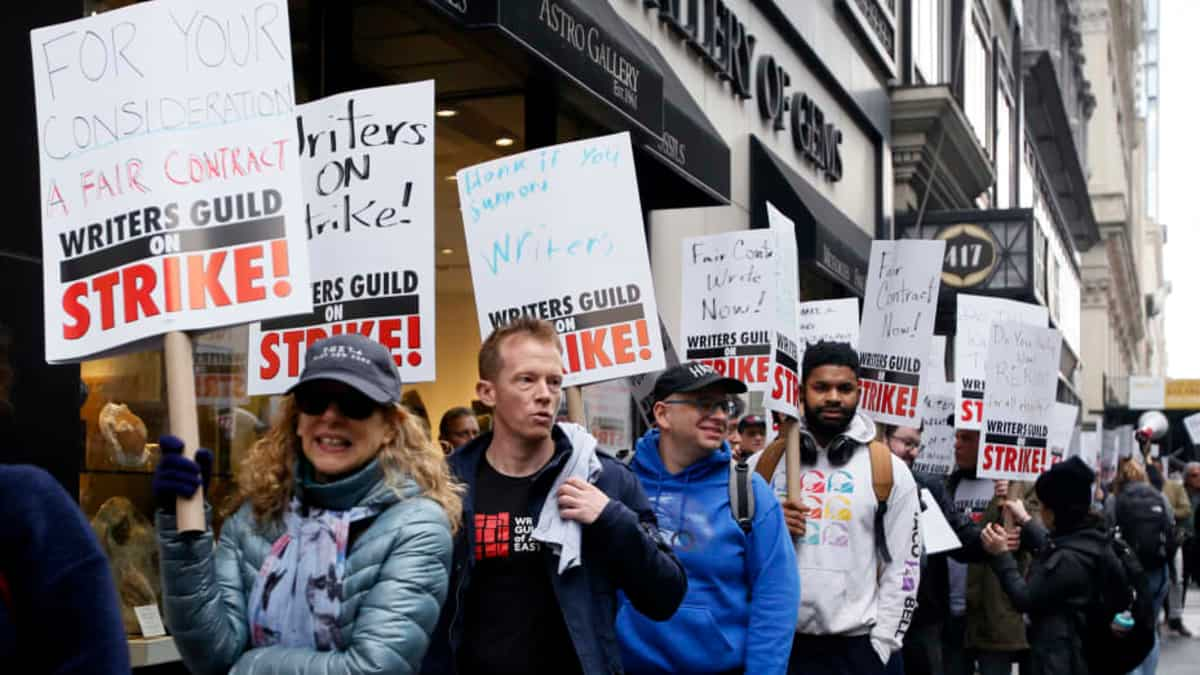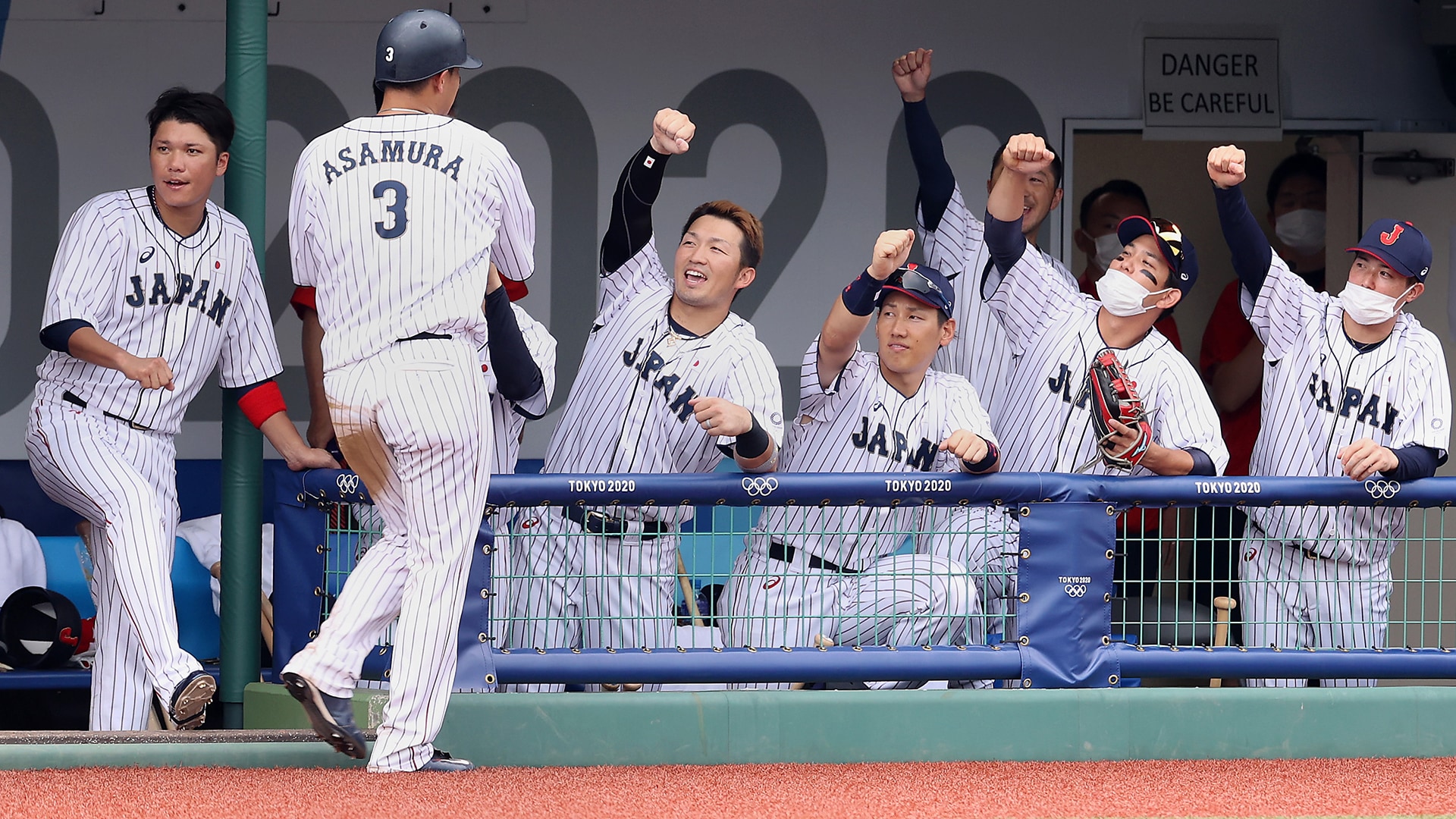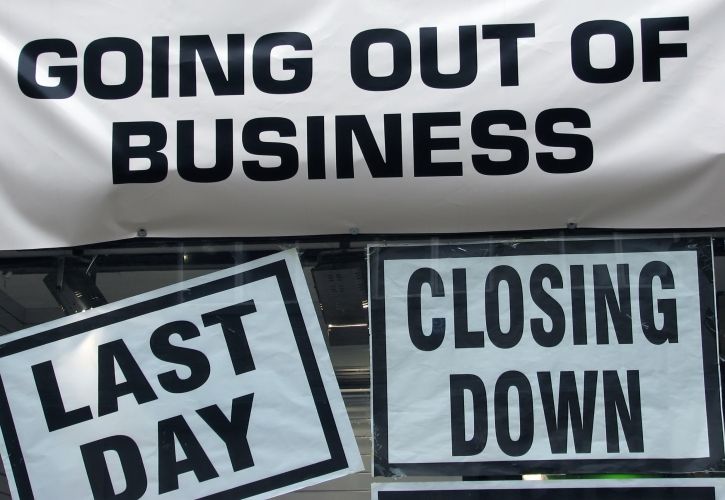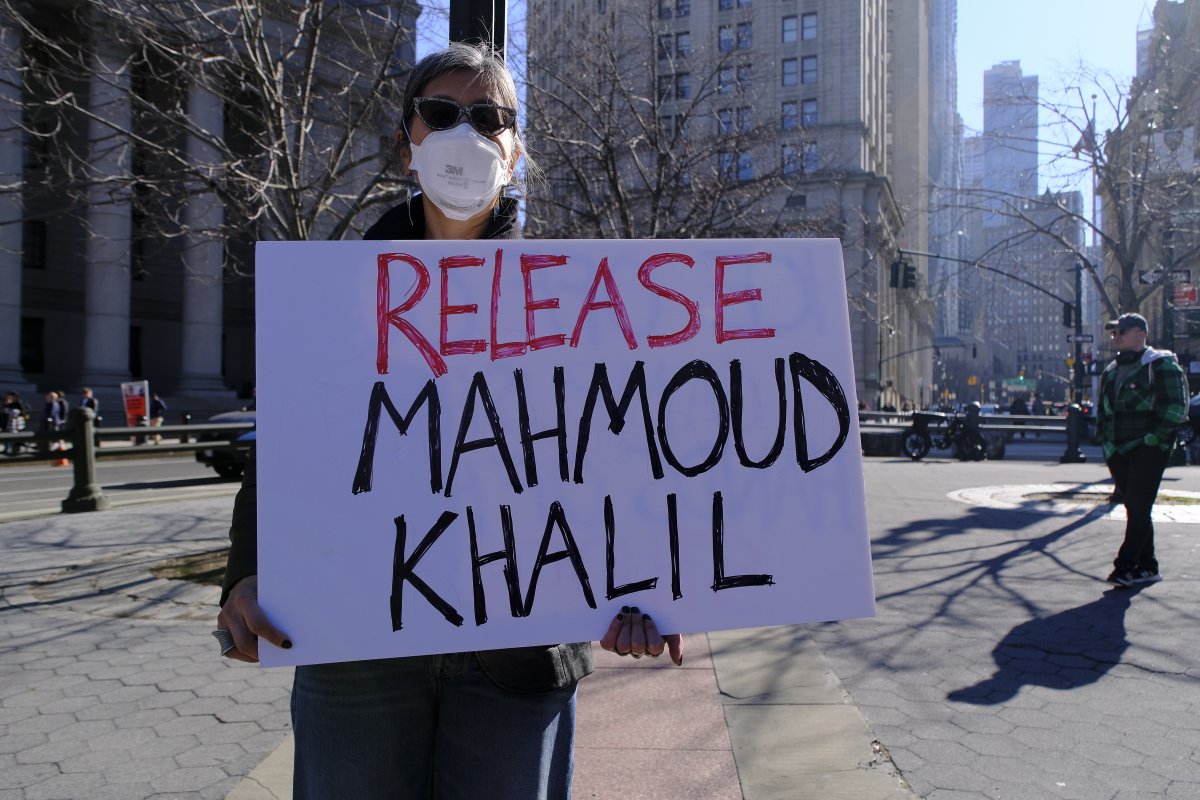Double Trouble In Hollywood: The Writers' And Actors' Strike

Table of Contents
The Core Issues Fueling the WGA Strike:
Fair Compensation and Residuals in the Streaming Era:
The shift from traditional television to streaming platforms has drastically altered the compensation landscape for writers. The traditional model of television residuals, where writers received payments each time their shows were rerun, has largely disappeared in the streaming era. This has resulted in significantly reduced earnings for many writers.
- Traditional Media Residuals: Writers received payments based on the number of times their shows aired on television, generating significant income from syndication and reruns.
- Streaming Model: Streaming platforms often pay writers a one-time fee for their work, regardless of the show's popularity or how many times it's streamed. This significantly reduces their overall compensation.
- WGA Demands: The WGA is demanding a fairer share of the profits generated by streaming platforms, including increased residuals based on streaming viewership, to ensure writers are adequately compensated for their creative work in this new landscape. Examples include demanding a percentage of revenue based on subscription numbers, viewership figures and international distribution.
Protecting Writers' Rights in the AI Age:
The rapid advancement of artificial intelligence (AI) poses a significant threat to writers' livelihoods. The WGA is deeply concerned about the potential for AI to be used to generate scripts and replace human writers, undermining their creativity and job security.
- AI's Impact on Creativity: The WGA argues that AI lacks the human creativity, nuance, and emotional intelligence necessary for compelling storytelling. Replacing human writers with AI would significantly diminish the quality of television and film.
- WGA Demands for AI Safeguards: The guild is demanding clear regulations on the use of AI in writing, including restrictions on the use of AI-generated content and ensuring that writers are fairly compensated for any AI-assisted work. They're pushing for transparency in how AI is utilized in the creative process and protections against unauthorized use of their work to train AI models.
- Threat of AI-Generated Content: The WGA fears that studios will increasingly rely on cheaper AI-generated content, displacing human writers and diminishing the artistic quality of television and film.
Minimum Staffing and Working Conditions:
The WGA has long fought for improved minimum staffing levels and better working conditions for writers, who frequently work long hours under intense pressure. Understaffing leads to burnout, compromised quality, and an unfair workload.
- Long Hours and Intense Pressure: Writers often face grueling schedules, working long hours to meet deadlines and cope with demanding production schedules.
- WGA Demands for Improved Staffing: The guild demands that studios employ sufficient writers to create high-quality programming, preventing burnout and ensuring fair workload distribution. They are seeking increases in minimum staffing levels across various production types, including writers' rooms and individual writer assignments.
- Impact of Increased Staffing on Quality: Adequate staffing levels lead to higher quality writing, better storylines, and ultimately, better television and film productions.
The SAG-AFTRA Strike: Actors' Concerns and Demands:
Fair Wages and Residuals in the Streaming Era:
Similar to the WGA, SAG-AFTRA is fighting for fair compensation in the streaming era. The shift to streaming has dramatically reduced actors’ residuals, impacting their overall income.
- Traditional Compensation Models: Actors traditionally earned residuals from the broadcast and syndication of television shows and films.
- Streaming's Impact on Residuals: Streaming platforms often offer smaller, one-time payments, eliminating or severely reducing actors' residuals and impacting their long-term financial stability.
- SAG-AFTRA Demands: SAG-AFTRA is demanding fairer wages and a more equitable share of streaming revenue, ensuring actors are adequately compensated for their work, regardless of the platform. They're pushing for a system that reflects the actual viewing figures and profits generated by streaming platforms.
The Rise of AI and its Threat to Actors' Livelihoods:
The rise of AI and its potential to replace actors through deepfakes and AI-generated performances is a significant concern for SAG-AFTRA.
- Ethical and Practical Concerns: The use of AI in performance raises ethical questions about actors' consent, control over their likeness, and the potential for exploitation.
- SAG-AFTRA Demands Regarding AI: The union is seeking strict regulations on the use of AI in the entertainment industry, including safeguards to protect actors' likenesses and prevent unauthorized use of their performances. This includes limitations on the use of AI for creating realistic performances without actor consent.
- AI's Potential Future Impact: The potential for AI to generate realistic performances could drastically reduce the demand for actors, significantly impacting their job security and livelihoods.
Self-Tape Auditions and Working Conditions:
The increased reliance on self-tape auditions has placed a significant financial and logistical burden on actors.
- Financial Burden of Self-Tapes: Actors are often required to cover the costs of equipment, locations, and other expenses associated with creating self-tapes.
- SAG-AFTRA Demands for Fair Compensation: SAG-AFTRA demands fair compensation for self-tape auditions, acknowledging the time and resources actors invest in this process. They are also pushing for improved working conditions related to auditions and filming.
- Unfair Compensation for Travel and Expenses: Actors frequently incur significant costs for travel and other expenses during auditions and filming; the union seeks fairer compensation to reflect these costs.
The Impact of the Double Strike on Hollywood and Beyond:
The simultaneous WGA and SAG-AFTRA strikes have significant economic repercussions, affecting not only production companies but also local businesses and the overall economy.
- Economic Repercussions: The strikes have resulted in the loss of billions of dollars in revenue for production companies and related businesses. This includes losses for caterers, transportation companies, and equipment rental businesses that rely on film and television productions.
- Ripple Effect on Film and Television: Numerous film and television projects have been indefinitely delayed or cancelled, leading to uncertainty for countless individuals employed across the entertainment industry.
- Impact on Award Shows: The strikes threaten to significantly impact upcoming award shows, such as the Emmys and Golden Globes, potentially affecting the nominations process, broadcasting, and overall event production.
- Statistics on Economic Impact: Industry analysts are constantly updating figures on the escalating economic impact.
Conclusion: Navigating the Hollywood Double Strike and its Lasting Effects
The Hollywood strike, a combined effort by the WGA and SAG-AFTRA, highlights critical issues facing writers and actors in the modern entertainment industry. Both unions' core demands center on fair compensation in the streaming era, protection from the threat of AI, and improved working conditions. The long-term consequences of this unprecedented entertainment industry strike remain uncertain, but the potential for significant changes in labor practices and industry regulations is high. The strike underscores the need for a more equitable system that fairly compensates the creative talent that fuels Hollywood. Stay informed about the Hollywood strike and its developments, and support the writers and actors in their fight for fair treatment and improved working conditions. The actors and writers strike is a watershed moment in the fight for a more just and equitable entertainment industry. This Hollywood strike, and its effects on the writers and actors, demands our attention and support.

Featured Posts
-
 Diamondbacks Defeat Brewers 5 2 Game Recap And Highlights
Apr 23, 2025
Diamondbacks Defeat Brewers 5 2 Game Recap And Highlights
Apr 23, 2025 -
 D Backs Stage Stunning Comeback Five Run Ninth For Walk Off Victory
Apr 23, 2025
D Backs Stage Stunning Comeback Five Run Ninth For Walk Off Victory
Apr 23, 2025 -
 Tigers Skubal Throws 7 Shutout Innings Dominates Brewers
Apr 23, 2025
Tigers Skubal Throws 7 Shutout Innings Dominates Brewers
Apr 23, 2025 -
 Revealed Top And Bottom Uk Diy Retailers Ranked
Apr 23, 2025
Revealed Top And Bottom Uk Diy Retailers Ranked
Apr 23, 2025 -
 Mahmoud Khalils Wife Gives Birth As Ice Blocks Fathers Visit
Apr 23, 2025
Mahmoud Khalils Wife Gives Birth As Ice Blocks Fathers Visit
Apr 23, 2025
